Whatman® membrane filters nylon pore size 0.2 μm, diam. 47 mm; Synonyms: syringe filter,Whatman filter,Z746215,membrane filters; find -WHA7402004 MSDS, related peer-reviewed papers, technical documents, similar products & more at Sigma-Aldrich
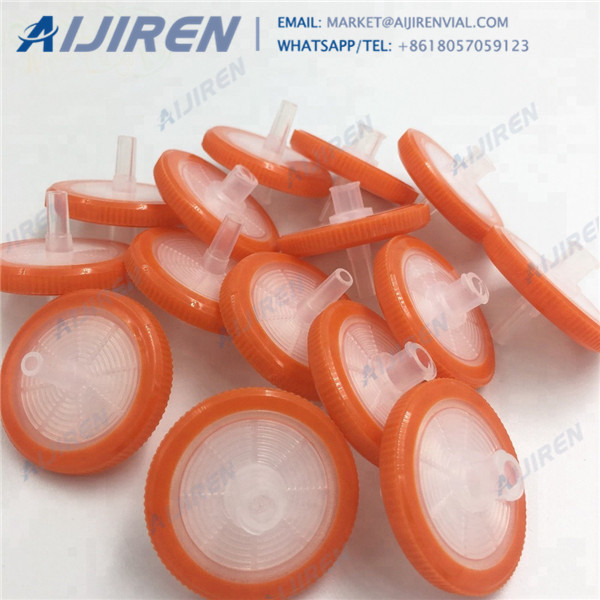
Whatman® membrane filters nylon pore size 0.2 μm, diam. 47 mm; Synonyms: syringe filter,Whatman filter,Z746215,membrane filters; find -WHA7402004 MSDS, related peer-reviewed papers, technical documents, similar products & more at Sigma-Aldrich
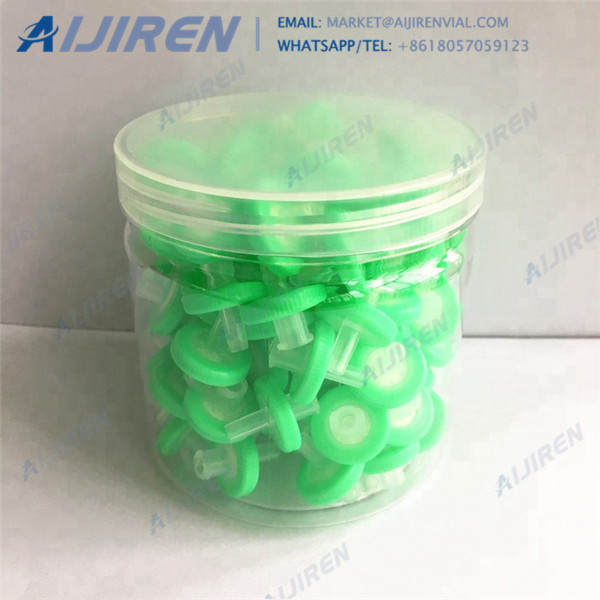
Google Scholar provides a simple way to broadly search for scholarly literature. Search across a wide variety of disciplines and sources: articles, theses, books, abstracts and court opinions. with at least one of the words
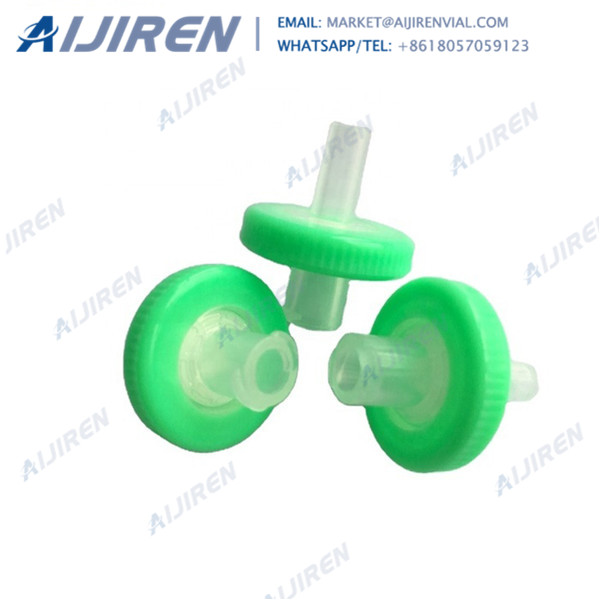
14/10/2009 · The collection efficiency of an N95 filter should be adequate for all particle sizes encountered in healthcare settings. There is no need to use a respirator with an N99 or N100 filter. The latter will have greater breathing resistance and may be more uncomfortable
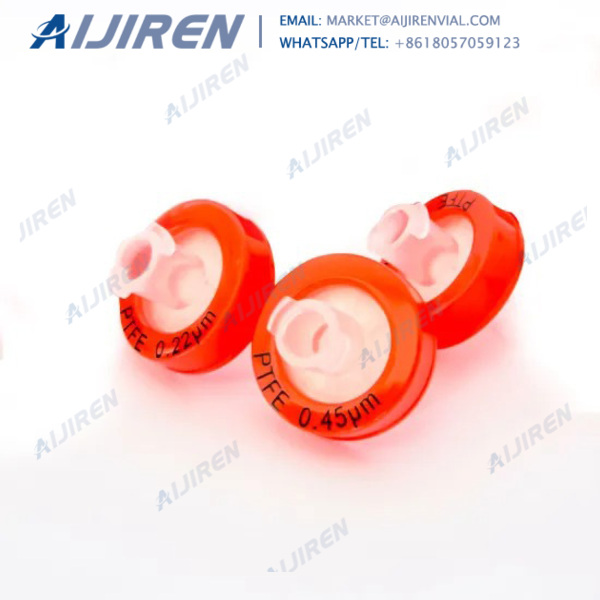
Regardless of the membrane filter material, always use a 0.2 µm pore size membrane filter as the final filter for any sterilizing filtration. The 0.2 µm membranes used in Thermo Scientific™
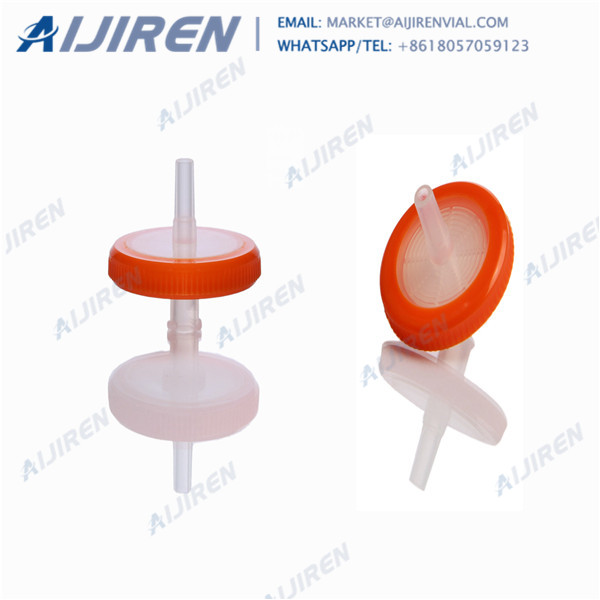
the patient side by a 0.2 or 1.2 micron filter membrane. Fluid enters the upstream inlet and fills the vented side first, then passes through the filter to the patient side. Air can pass out though the vents, but once the filter membrane is wet, it will not allow air to
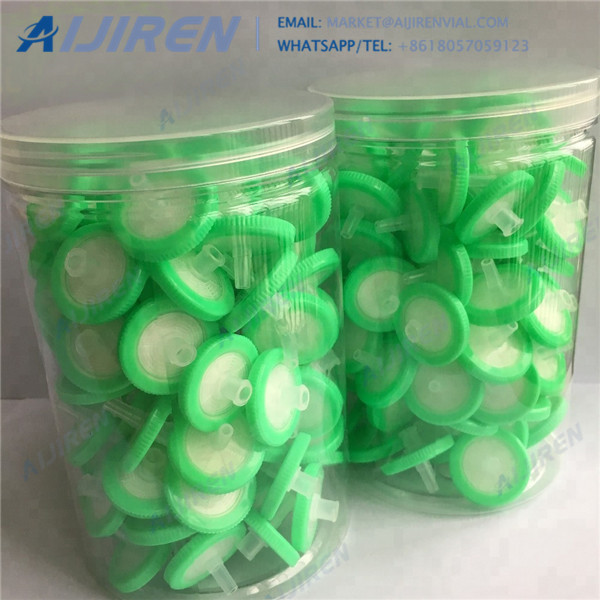
Pore sizes are typically between 0.025-10 µm and are rated as nominal (~98% retention) or absolute (100% retention of the size equal to the pore size rating). Clarification filters are used for pre-filtration and particle analysis because they retain/remove large particles, aggregates, and debris based on size.

filter through a 0.45-µm PTFE filter. (2) 0.06% w/v of aspirin BPCRS in the mobile phase. (3) 0.1% w/v of aspirin impurity standard BPCRS in the mobile phase. Advisory It is important to note the word ‘about’. If the system suitability requirement (below) is met
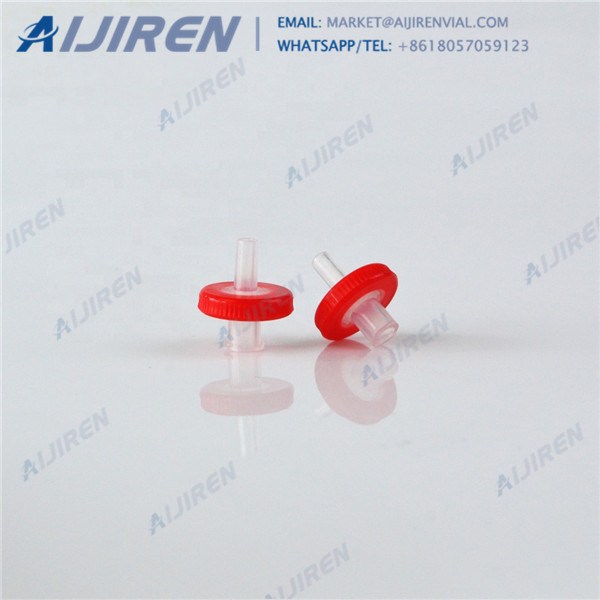
9/4/2021 · N95 respirators and surgical masks are examples of personal protective equipment that are used to protect the wearer from airborne particles and
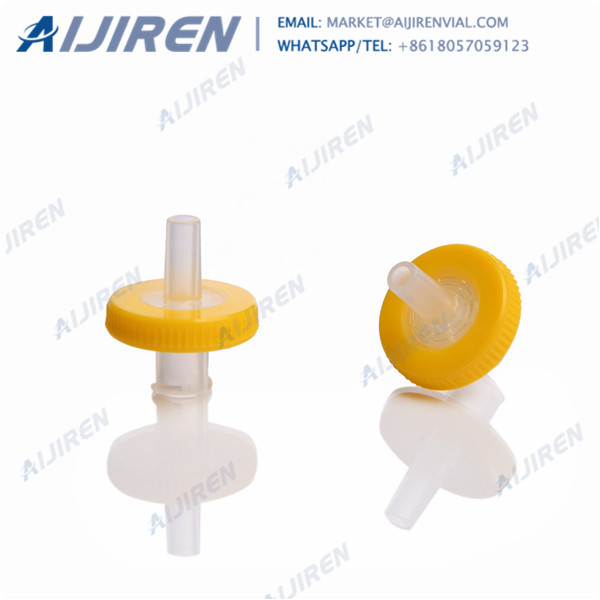
28/9/2016 · Filters come in a variety of pore sizes. The most common ones used in physical chemistry laboratories are 0.2 um and 0.45um. Generally, 0.45um is sufficient for the majority of procedures. However, where smaller particles may be present in the sample 0.2 um
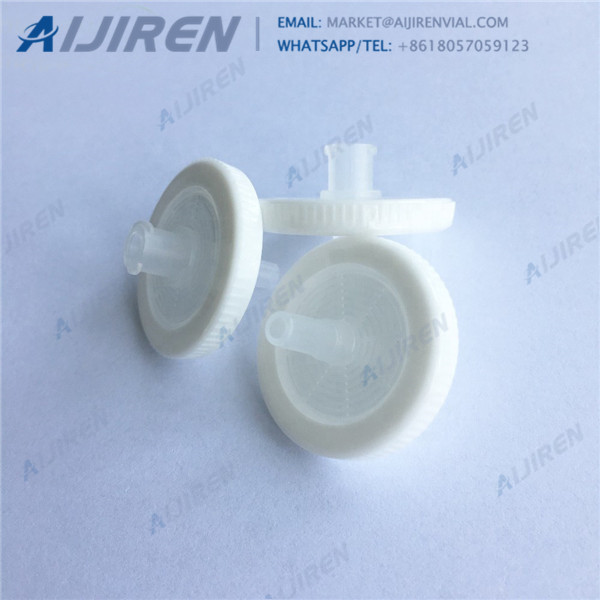
0.2 μm Diameter (Metric) 15 mm Applications For tissue culture and HPLC Volume (Metric) 0.5 to 100 mL Membrane Regenerated Cellulose Type Syringe Filter Pressure Rating 87psi Hold up Volume (After Air Purge) 10μL Tip Material Polypropylene SDS
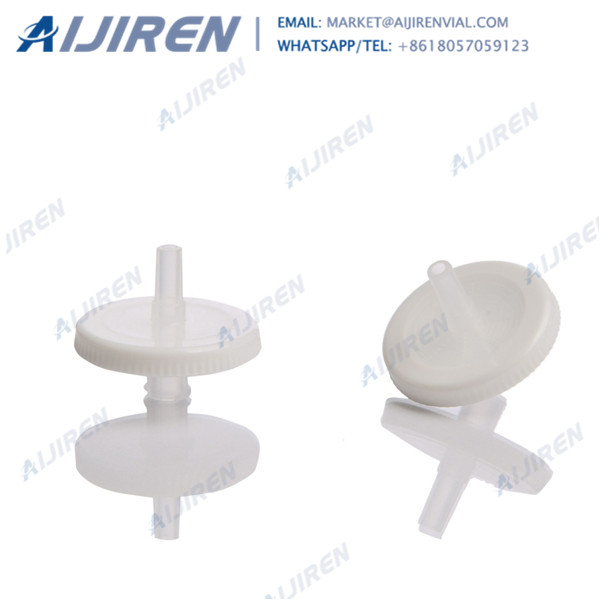
7/7/2021 · Welcome to FACULTY OF SCIENCE. MASTER OF BIOINFORMATICS. SCWSQFFTCV03. Bioinformatics is a new, exciting and challenging multidisciplinary field that combines mathematical, statistical, computer science and information technology methods to solve life science-based problems. Advances in experimental technologies have produced huge amounts of data.
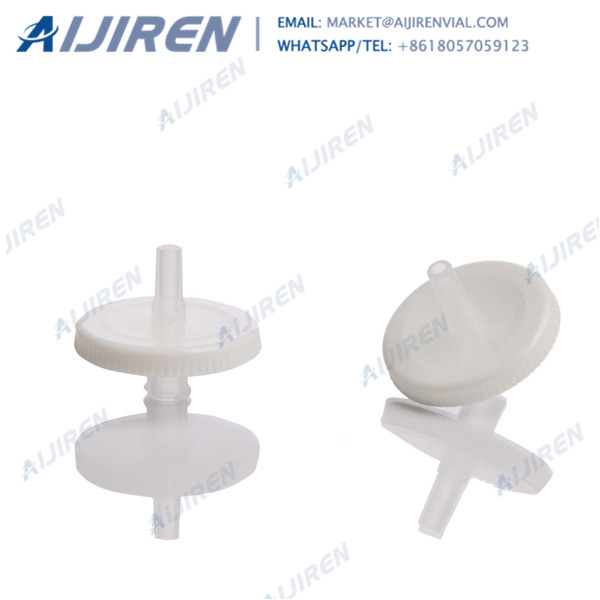
particulates). Use 2 um frit for 3.5 um columns, use 0.5 um frit for 1.8 um columns. 2. Filter all samples and standards 3. Perform sample clean-up (i.e. SPE, LLE) on dirty samples. 4. Appropriate column flushing – flush buffers from entire system at end of
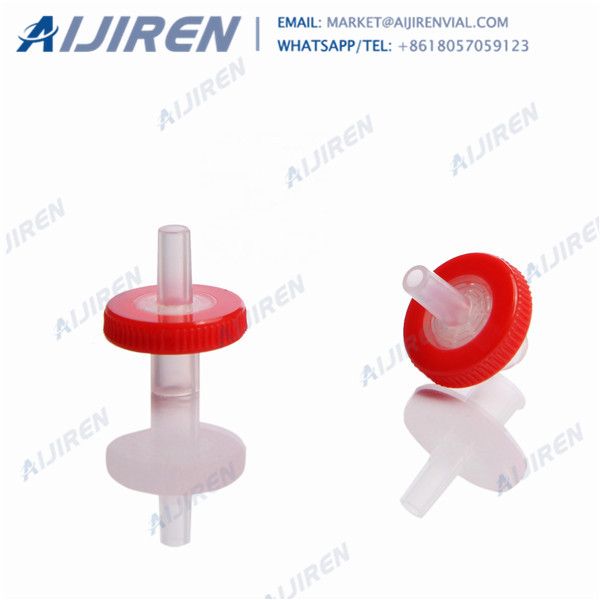
Process filtration The Envirogen Group is a leading international manufacturer and distributor of filters for process filtration. We supply reliable and high-quality filter cartridges, bags, sheets, strainers, and other consumable products with low operating costs for all industries, from healthcare to, food and beverage to oil and gas, power, energy, automotive and industrial
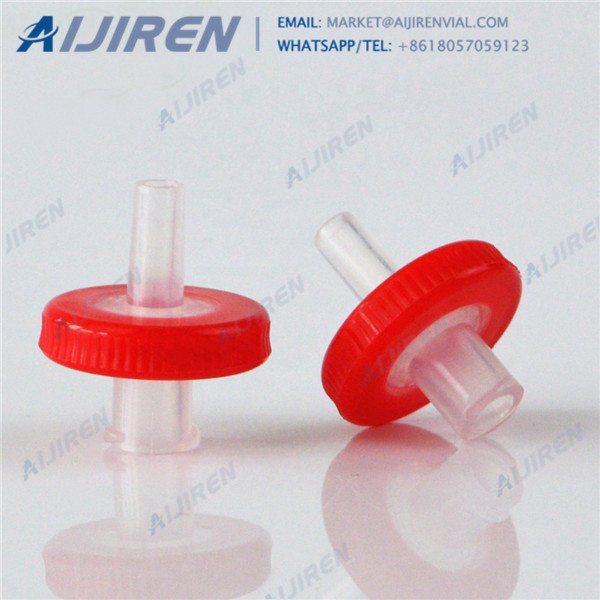
PTFE* 0.2 Translucent Standard UN203NPEORG UN503NPEORG PTFE 0.2 Translucent Slit septum US203NPEORG US503NPEORG PTFE 0.2 Amber Standard UN203APEORG PTFE 0.45 Translucent Standard UN203NPUORG UN503NPUORG PTFE 0.45
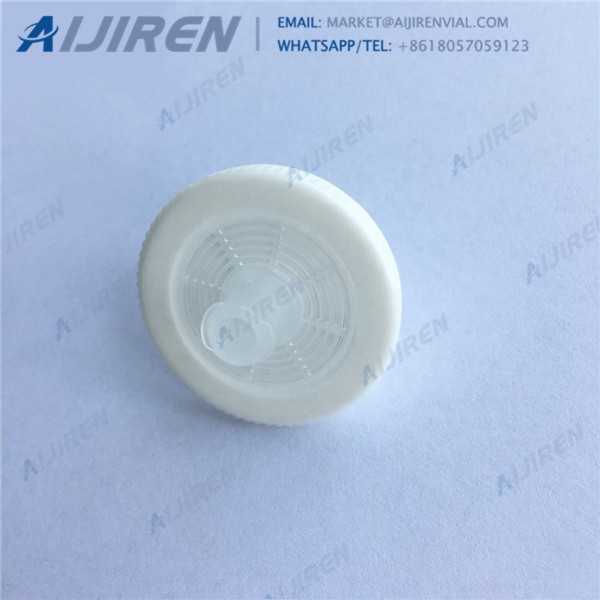
PTFE membranes are used for liquid clarification of corrosives, solvents, and aggressive fluids. Effective sample filtration is critical to prevent equipment damage. Cytiva's PTFE hydrophobic membrane filters are also suitable for air and gas sterilization* because of their ability to capture aqueous aerosols.
